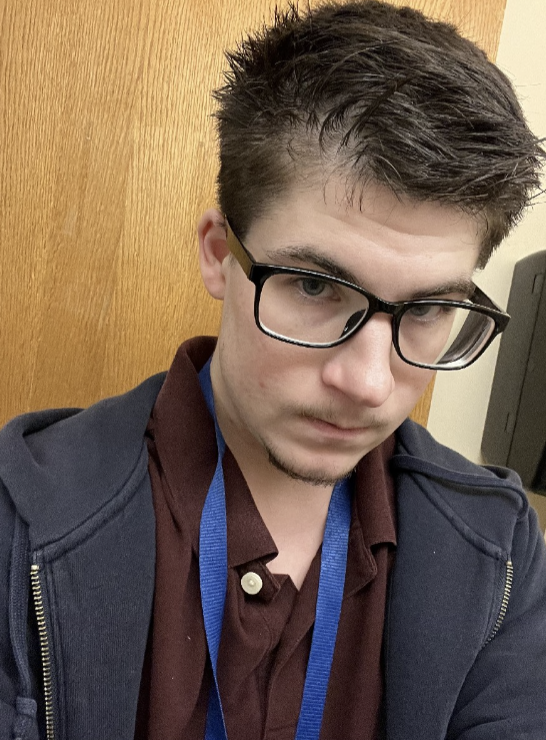So, I began the long, arduous process of calling treatment centers yet again, desperate for help. I could not find a program willing to accept me due to my cardiac complications and low body weight, and limited insurance. But as weeks passed, my options began to dwindle. I didn’t want to die, but I didn’t have anything left to give to the world besides the fact that I wanted to live.
I set myself a weight goal and decided that once I reached it, I would submit my applications to work as a counselor at a psychiatric hospital. I knew that if I got an interview, if I got the job, I had to push myself the rest of the way. Employment wouldn’t make me recovered, but it would give me a reason to recover and stay recovered. Working for this particular employer and failing to keep my job due to my eating disorder was the most soul-crushing thing I could imagine. But if I got it, I had something to keep fighting for, and I could fulfill my purpose that I had imagined all those years ago.
I got the interview, and then the job, and losing this job was scarier than gaining weight. I had to set the stakes high for myself, create a rigid structure where none previously existed. Force myself into a recovery that I was still unsure I wanted. So I ate, mechanically, fearfully. I hated every moment of it. Scared of the looming cloud of “refeeding syndrome” that echoed over my head, repeated by those who told me I was too complex, that refeeding myself on my own was too risky. It was a risk I took. Every night I prayed my body would forgive me and carry me through another day.
I had to adapt my environment to reflect a situation in which losing whatever was motivating me at the time was far scarier than gaining weight. Academics, as much as I’d hoped they could, would not suffice in providing the high-stakes reinforcement that I needed. Throughout my middle, high school, and college years, I’d been told “you can’t succeed in school while undernourished, you can’t devote time to your degree while you’re spending hours each day at the gym, calculating and recalculating your calorie allowance for the day, you can’t have the energy to write the substantial amount needed for your papers and projects if you aren’t eating.” But I could, and I did, and this very fact seemed to reinforce the mindset that I could survive off of motivation.
I threw myself into my job, knowing full well that if this door closed, that was it. If I let my eating disorder take this from me, it truly had won. I had not been able to be convinced by doctors, therapists, or treatment centers to “trust the process.” I couldn’t wrap my head around the idea of recovering just for the sake of recovering. Anorexia and ARFID were all I knew; I had few memories before my eating disorder began. There was no “before the eating disorder.” Only an unknown, ambiguous “after, if at all,” which, as someone who thrives on concrete directions, structure, and routine, frightened me more than staying in my inhuman, self-created concrete world. I have never understood ambiguity, nor been receptive to following a path or structure that I didn’t understand or create. I had to manufacture my own “after,” throw myself into it, and hope for the best. It seemed as though I had been in a mental fog, on autopilot, for the past fourteen years, and I was inching my way toward becoming a flesh-and-blood human being again. Slowly, my job became more important than my weight. Slowly, I began to feel the same satisfaction while driving back from work as I did when I hit my step quota or successfully starved another day, but this satisfaction was coupled by an exhaustion that appeared sustainable, rather than draining.
